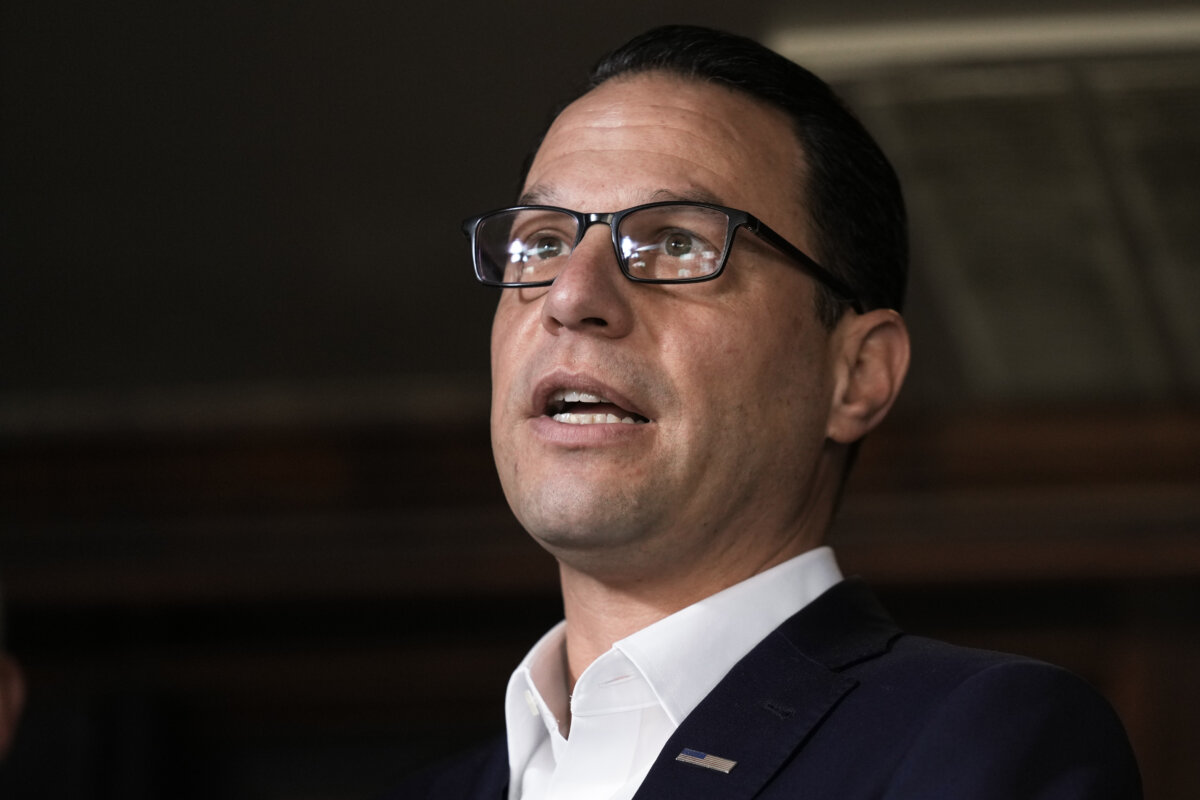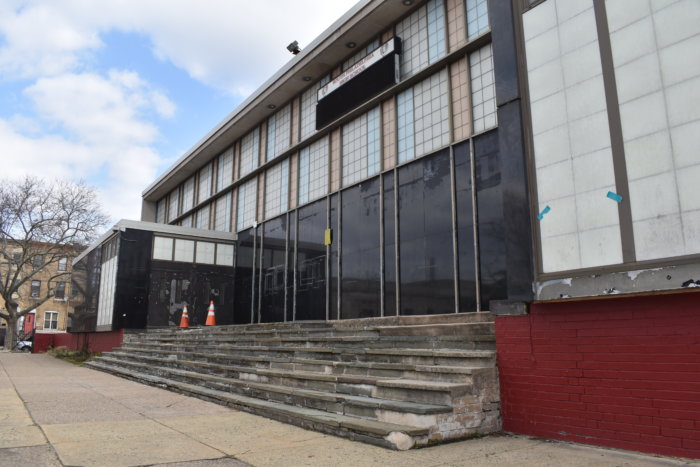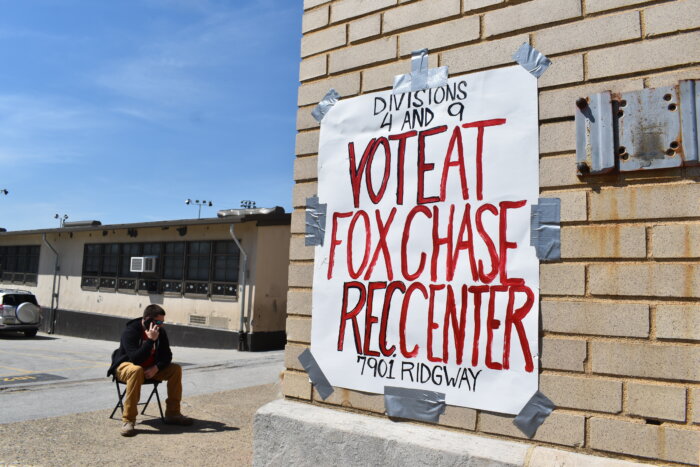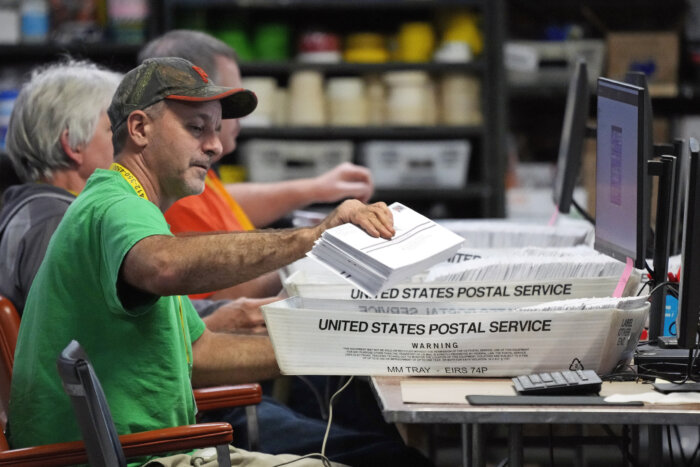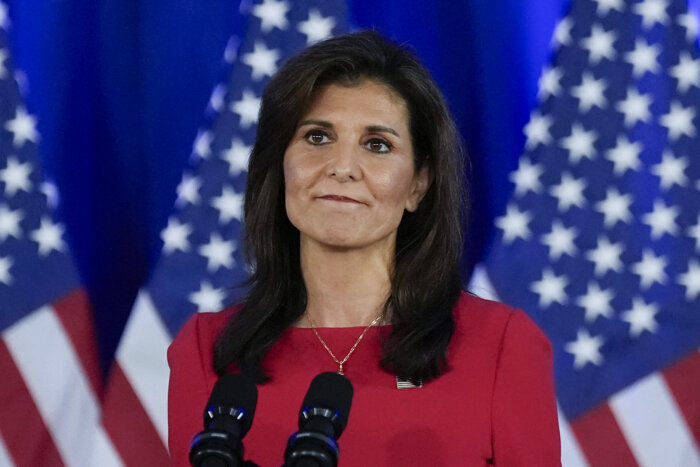By BROOKE SCHULTZ Associated Press/Report for America
The poor schools that won a landmark school funding court case in Pennsylvania last year are prepared to go back to court if the Legislature and governor don’t adequately address shortfalls as key junctures approach, the schools’ lawyers said.
Public schools in Pennsylvania are currently underfunded by roughly $6.2 billion, according to the lawyers for the schools and public education advocates.
Lawyers for the schools that sued are calling on the Legislature to announce a multiyear funding plan to address the gaps and to begin acting on it this year. They have proposed lawmakers add an extra $2 billion to public education funds in this budget — echoing unanswered calls from last year — followed by $1 billion a year for each of the next four years to address shortfalls by the 2029-30 school year.
“We cannot accept a plan that is politically convenient but fails our students,” said Deborah Gordon Klehr, executive director of the Education Law Center, one of the nonprofit legal organizations that represented the schools.
The proposal advanced Thursday follows the court ruling last year that the state’s $35 billion school-funding system is unconstitutional and shortchanges students in poor zip codes.
It comes as the deadline approaches for the final report of a commission tasked with recommending how to update the formula that distributes state aid to Pennsylvania’s 500 school districts.
The commission is composed of lawmakers and members of Democratic Gov. Josh Shapiro’s administration. Its commission report will conclude two months of work and 11 hearings.
Shapiro has acknowledged the court’s ruling looms large over his forthcoming budget proposal, due in February. He has supported calls for equity in school funding, but in recent weeks he suggested that footing the bill for the money is an important consideration.
“It’s a big number,” said Dan Urevick-Ackelsberg, senior attorney for the Public Interest Law Center, which also represented the schools. “We don’t pretend that’s not a big number, but it’s also an urgent problem.”
Lawyers for the school districts that sued have said they will return to court to ask a judge to compel Shapiro and lawmakers to better close the funding gap among districts across the state if a distribution plan isn’t put into place with a reasonable timeframe.
The lawyers analyzed the spending of districts that perform well based on Pennsylvania’s goals and compared that to what the state estimates those districts’ needs are, determining how much every school district should have in order to mirror that same success. On average, school districts are short $2,500 per student, they said.
Their proposal calls on the state to develop a system that finds how much funding is needed to reach the state’s adequacy goals, determine how much funding is missing from each district, and allocate the funds in a consistent, predictable manner beginning in the 2024-25 year. The state should not rely on local tax dollars to fill the gap, they said. It should also consider facilities and pre-K funding.
“The court decision in early 2023 changed the game,” said Susan Spicka, executive director of Education Voters of Pennsylvania. “Lawmakers and the governor can no longer base school funding levels on how much they feel like investing each year as they have in the past. There is a new standard that they must meet, which is ensuring universal access to a comprehensive, effective and contemporary education.”
Public school advocates are likelier to find more support for their plan from the Democratic-controlled House than the Republican-controlled Senate. The majority of state senators are resistant to spending billions of new dollars on public schools and instead have pushed to send more state money to subsidize private schools.
Additionally, while Shapiro made significant investments in public education in his first budget cycle, it did not go as far as public education advocates and other Democrats were hoping.
“Our governor has touted the extraordinary work of the Commonwealth and the city of Philadelphia to repair I-95 in less than two weeks, and we urge that that same resolve and ambition be adopted by the governor and all parties in stopping the school funding lawsuit,” said Donna Cooper, executive director of Children First.



